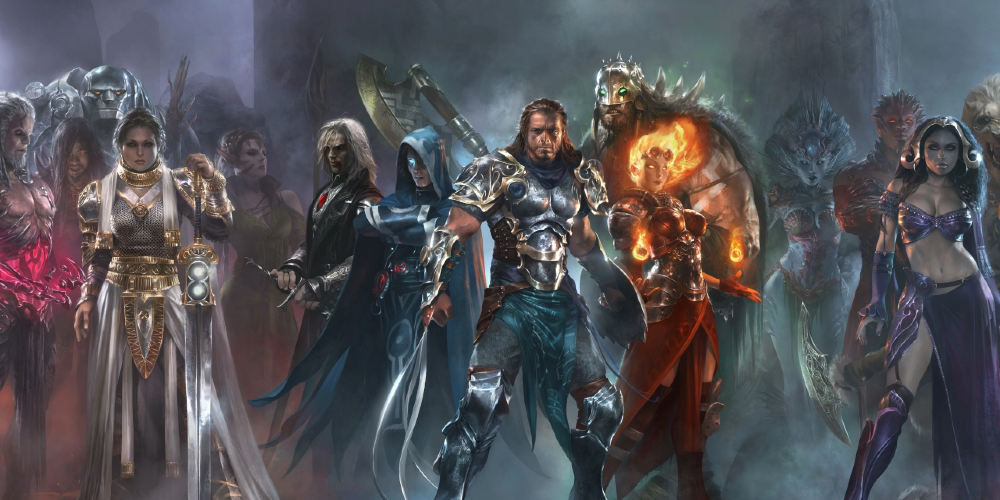Magic's Artistic Integrity in Question: A Case of Alleged Art Theft
- Mar 28, 2024
- 462

The vibrant world of Magic: The Gathering (MTG) has once again been marred by controversy, this time involving an accusation of stolen artwork. The allegation stems from a comparison between new card art for an upcoming set and a piece dating back to 1995. This incident not only raises questions about copyright infringement but also puts a spotlight on the responsibilities of artists in the digital age.
At the heart of the dispute is an artwork created for the MTG set Outlaws of Thunder Junction. The piece in question allegedly contains elements directly lifted from a 1995 novel cover for Cyberpunk 2020: Ravengers. The similarities, as pointed out by the aggrieved artist, are not subtle, suggesting that this was not a case of accidental resemblance but rather a clear case of copying. This assertion is backed by side-by-side comparisons revealing identical details that are hard to dismiss as mere coincidence.
The reaction to this discovery has been swift, with the original artist taking to social media to express disbelief and announce legal action. The accused, meanwhile, has not publicly responded, leaving the community to speculate and discuss the implications of such actions. This is not the first time MTG has found itself embroiled in issues of copyright infringement, pointing to a pattern that could tarnish its reputation and trust within the artist and fan communities.
Wizards of the Coast, the publisher behind MTG, has faced similar situations in the past, leading to severed ties with artists found guilty of these practices. Each incident serves as a reminder of the importance of artistic integrity and the need for a more stringent vetting process. It also underscores the challenges in safeguarding original work in an era where digital art makes it easy to borrow and modify without permission.
In conclusion, this latest controversy is a wake-up call for all involved in the creation and publication of art. As MTG continues to expand its universe, the respect for originality must remain paramount. It's crucial for artists to honor the work of their peers, for companies to enforce rigorous checks, and for fans to demand accountability. Only then can the magic of MTG's art be preserved for future generations to admire and enjoy.